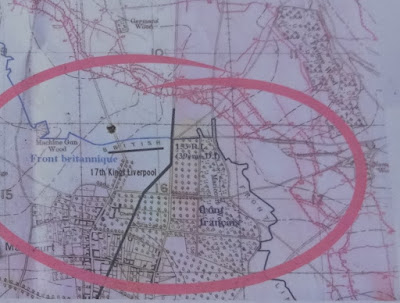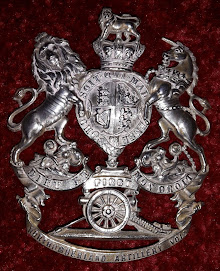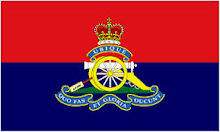The British Fourth Army on 1st July 1916 were supported to their south by elements of the French Sixth Army who would attack astride the River Somme.
 |
| River Somme IJ |
 |
| River Somme |
The French XX Corps would assault north of the River Somme and link with the British XIII Corps.
South of the Somme, the French Colonial Corps were tasked with the capture of Bequincourt, Dompieres, and Fay.
The 61st Division of the French XXXX Corps would establish flank protection to secure the gains that were planned to be made. The French preliminary bombardment targeted defences, conducted counter battery fires, and performed wire cutting. Their concentration of artillery, particularly heavy guns was greater than the British.
On the 1st July the French attacked at 09:30, two hours after the British, which took the Germans by surprise. The greater concentration of artillery was found to be been very effective as the French troops moved forward. Bunkers and dugouts had been destroyed, trenches caved in and wire cut. Communications had been disrupted and the overall effect had a demoralising effect on German troops.
The French Army achieved all their objectives, and in some cases were able to exploit beyond them. They consolidated their positions in order block any German counter attack.
The success of both British and French troops came together when Lt Colonel Fairfax of the 17th Kings Liverpool Regiment linked up with Commandant Lepetit of the 153rd Infantry Regiment, a location which is now marked by a memorial.
 |
| British and French link up 1st July 1916 |
 |
| British and French link up 1st July 1916 |
The French success came at a loss of around 2,000 casualties. The Dompierres and Bequincourt Cemetery, two villages captured on 1st July, are where some of them now rest.
 |
| Dompierres and Bequincourt Cemetery |































